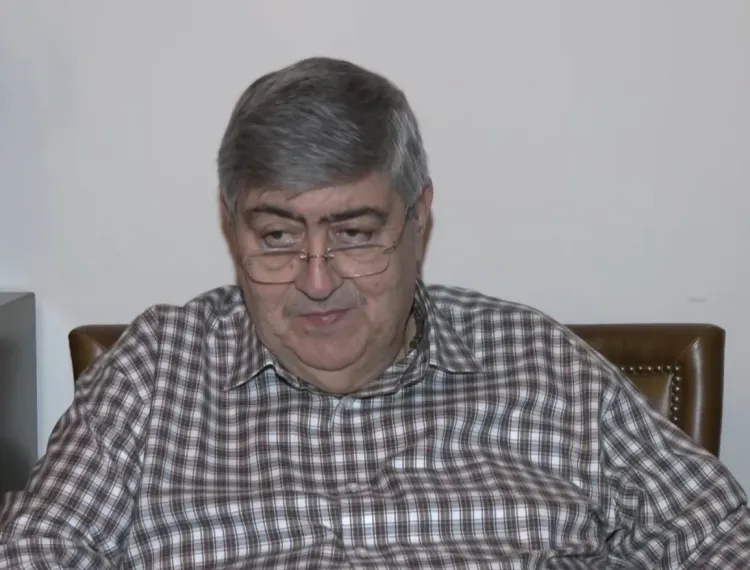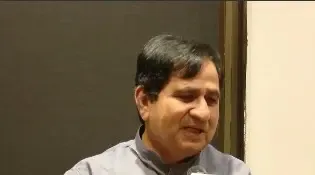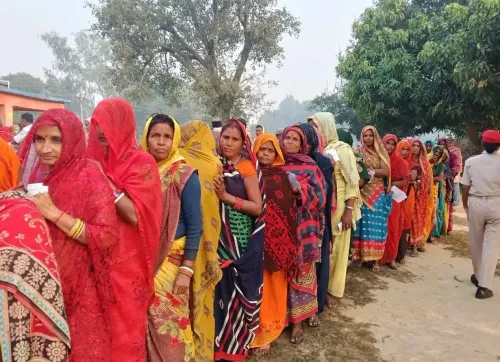Should Political Issues Be Resolved in Court? Former SC Judge Sanjay Kishan Kaul Thinks Not

Synopsis
Key Takeaways
- Political disputes should be settled politically.
- The Supreme Court has defined limitations.
- Election Commission plays a crucial role in electoral processes.
- Legal intervention is warranted only in cases of legal discrepancies.
- Maintaining checks and balances is vital.
New Delhi, July 15 (NationPress) Justice (retired) Sanjay Kishan Kaul, a former Supreme Court judge, emphasized the importance of exercising restraint when it comes to resolving political disputes in courts. He expressed a desire that the ongoing conflict regarding the Special Intensive Revision (SIR) of Bihar's electoral roll could be resolved by the Election Commission without necessitating the involvement of the apex court.
"Political disputes should be resolved through political means. The court is not a venue for political issues," Justice Kaul stated in an interview with IANS.
He further remarked, "The Supreme Court has its limits. It cannot formulate policies or perform the responsibilities of the Election Commission. The court's primary role is to uphold checks and balances in the system."
The retired judge noted that while there is no objection to approaching the Supreme Court for issues with legal implications, other matters should be directed to the appropriate institutions for resolution.
"Different organizations have been established for specific functions. The Election Commission is a constitutional body. Judicial intervention should only occur if there is a legal discrepancy in any process," he explained.
Justice Kaul pointed out that political parties increasingly tend to escalate their disagreements to the Supreme Court.
He asserted that it should be the Supreme Court's discretion to determine which cases to hear.
"The Supreme Court cannot handle every matter. It does not create policies or replace the Election Commission's duties. Its function is to maintain a system of checks and balances," he reiterated.
Justice Kaul also suggested that a balanced approach is necessary for ensuring fair elections, cautioning that unfavorable outcomes in elections should not lead parties to claim bias against the Election Commission.
In an indirect reference to allegations of 'election fixing' made by opposition parties against the Election Commission, he remarked, "These disagreements are fundamentally political. Nowadays, it seems nearly impossible to find a middle ground, as opinions vary widely."
"I have faith in the electoral system's integrity. The Election Commission has facilitated victories for opposition parties in various states. The BJP is currently in power, and it too will achieve victories. It is unreasonable to claim that a loss indicates a problem with the system," Justice Kaul stated.
The opposition has criticized the ongoing SIR in Bihar, alleging it is being conducted hastily and with documentation requirements that could disenfranchise a significant portion of the state's 7.9 crore voters.
The Election Commission has countered these claims, asserting that Enumeration Forms (EFs) for 83.66 percent of the 7.89 crore voters in Bihar have already been collected as of Monday. With 11 days remaining for the final submission date, officials assure that the process will be completed without issue.








